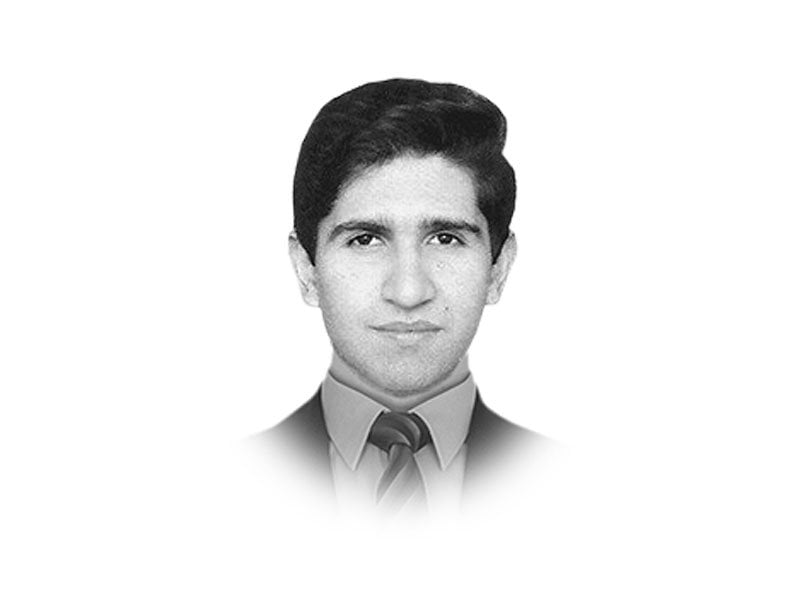
As regards the 'soft' COIN options like talks, historically, the militants in Pakistan do not seem amenable to negotiation, or the political side of COIN, and have, in fact, used the negotiating table as a tactic to interrupt trend lines of operations underway at the time. The state has tried to reason with the militants as a logical enemy but has not gained any useful advantage from it. It has been demonstrated that the Taliban are an ideologically cohesive entity and have tended to stick together even under extreme duress. The overarching extremist and anti-American ideology that fuels them has proved notoriously difficult to disrupt. The area has been documented to have a history of trivial alliances that are strengthened by foreign intervention. That has increased since the escalation of American attacks in Fata, which feeds a causal loop of violent anti-Americanism.
Even assuming that talking to different warlords may result in some benefit, they would be minimal in the long-term, unless the civil populace were united in their stand against the militants and, even more important, united in a friendly attitude towards the state. This would result in a demand that the state address more broad-based grievances of social exclusion, inadequate governance, class resentments, economic underdevelopment and resentment against the West. How the militants can be materially managed while assuaging tribal feelings of inadequate distributive social justice and reining in the conflict entrepreneurs remains to be seen.
A risk is that a complacent warlord that has been 'talked' to, may attempt to replace the writ of the state in an area that has for long been seen to be suffering from distributive social justice and lack of governance. Baitullah Mehsud, for instance, established his own parallel government and set up his own judicial system, wherein Pashtun tribals approached him for delivery of justice rather than resorting to judicial courts set up by the government. Mullah Fazlullah also operated by implementing an almost fascist terror regime; after consolidating control of the area, he tried to enact his own brand of the Sharia law within the area controlled by him. It is demonstrable by the almost obsessive zeal of the Afghan Taliban to start implementing penal laws and controlling unruly elements in society that they are justifying jihad by correcting their society first. The Pakistani Taliban have done the same; even when the military operations were going on against them, they were engaged in organising penal punishments against offenders. Thus, when the Taliban gain any degree of power, they tend to start asserting themselves to the detriment of the state. They will not gain any ground on this, as the army is now physically present in these areas, but the resultant instability causes ripple effects of stirring up violence, which derails efforts at talks by default.
It is more advisable for the state to engage in 'divide and rule' tactics between the insurgents and their host communities rather than among the insurgents themselves as has hitherto been attempted. As mentioned earlier, the Taliban insurgency gets its strength from the cementing bond of anti-Americanism and Pakistan may not be able to escape its label as an “American ally” soon, unless there is a sea change. Thus, the effort should be to “win hearts and minds” of the populations encountering the insurgency in order to demonstrate to them that the state is serious in its resolve to fight terrorism.
Published in The Express Tribune, June 4th, 2013.
Like Opinion & Editorial on Facebook, follow @ETOpEd on Twitter to receive all updates on all our daily pieces.
COMMENTS (1)
Comments are moderated and generally will be posted if they are on-topic and not abusive.
For more information, please see our Comments FAQ

1731028448-0/Untitled-design-(37)1731028448-0-165x106.webp)











A balanced and scholarly Op Ed by ET thanks for the writer. I agree with the conclusion in the last paragraph that we have to take care of our own people so they are not misled by the terrorists. Let us put our money where our mouth is. We cannot be a super power while people are illiterate, starving, sick and living under the Stone Age people.